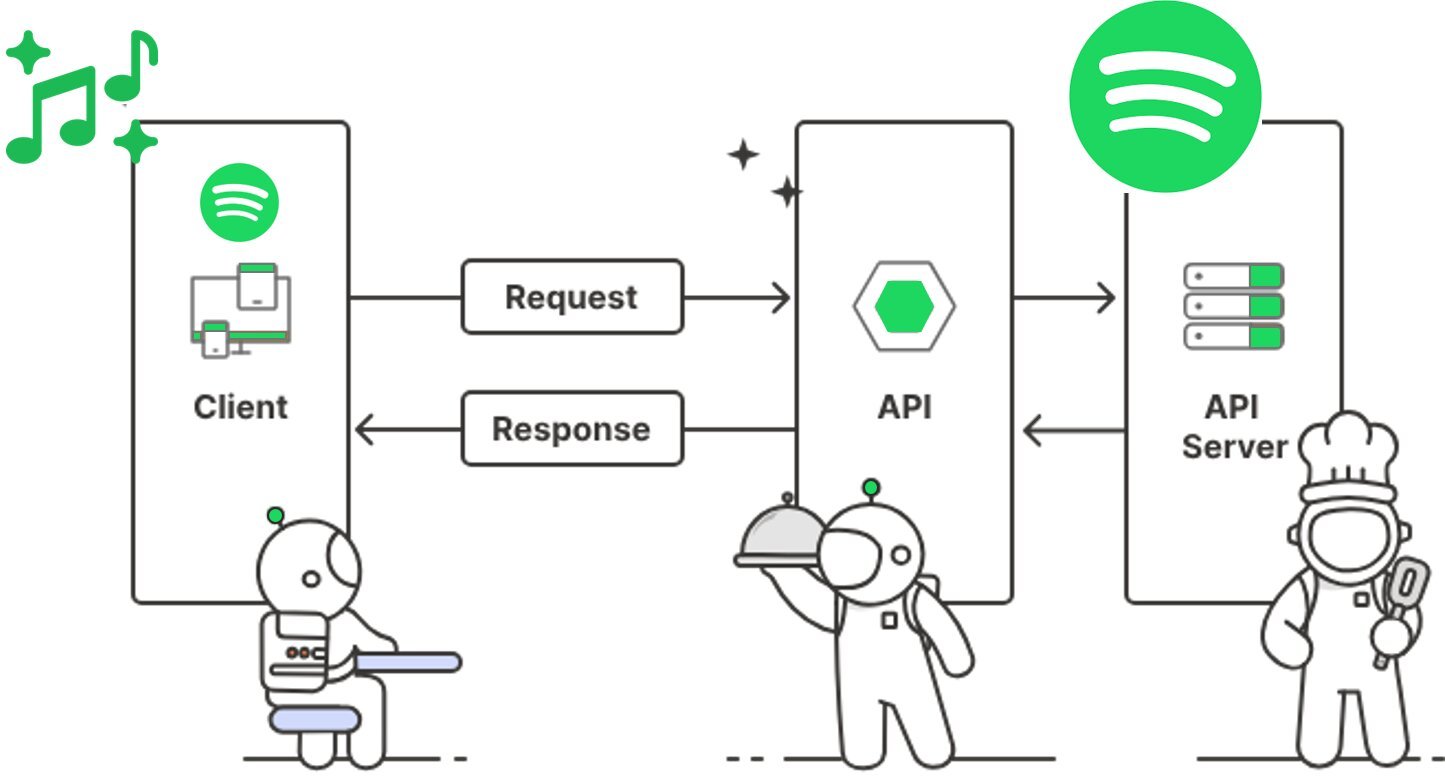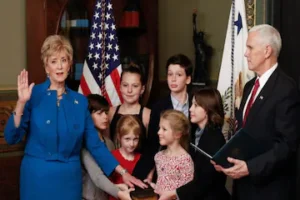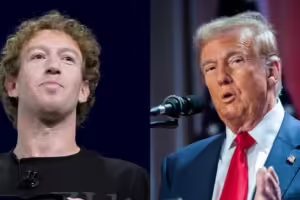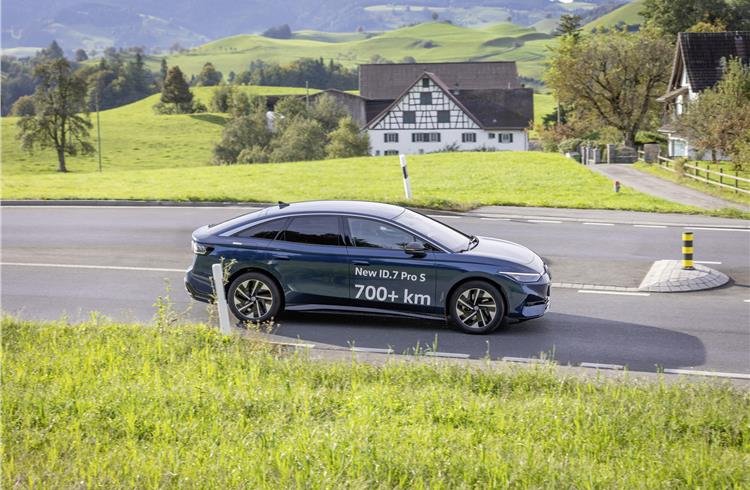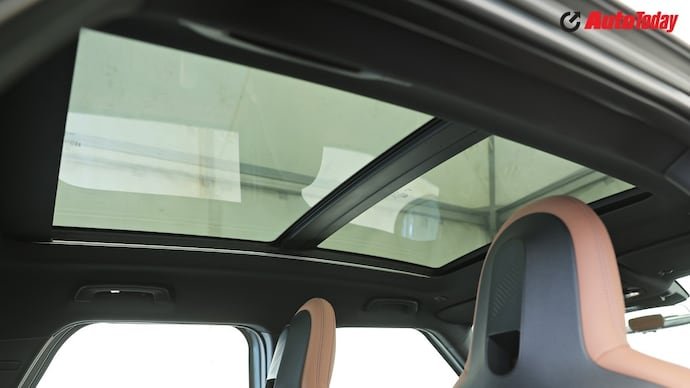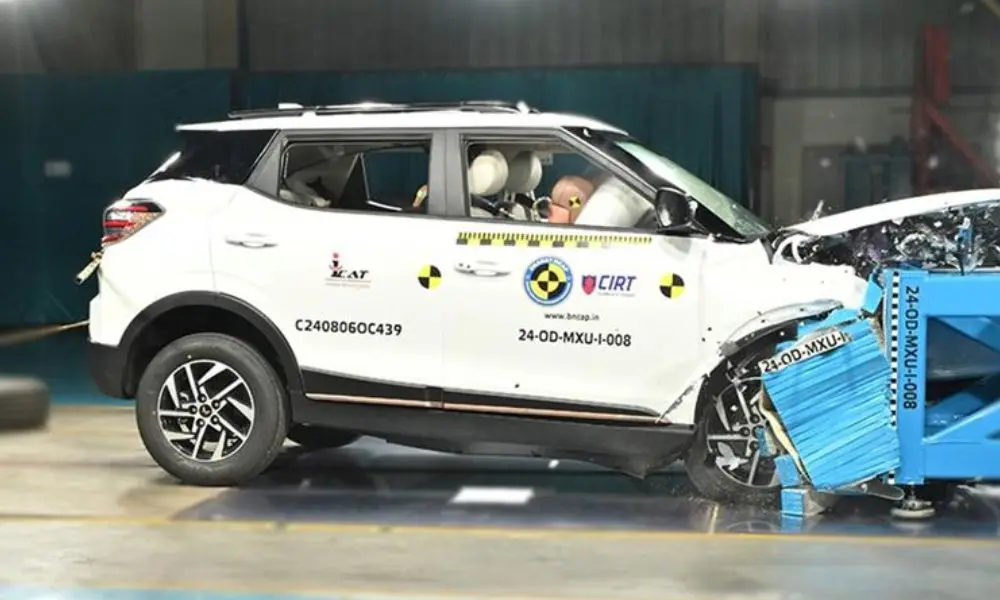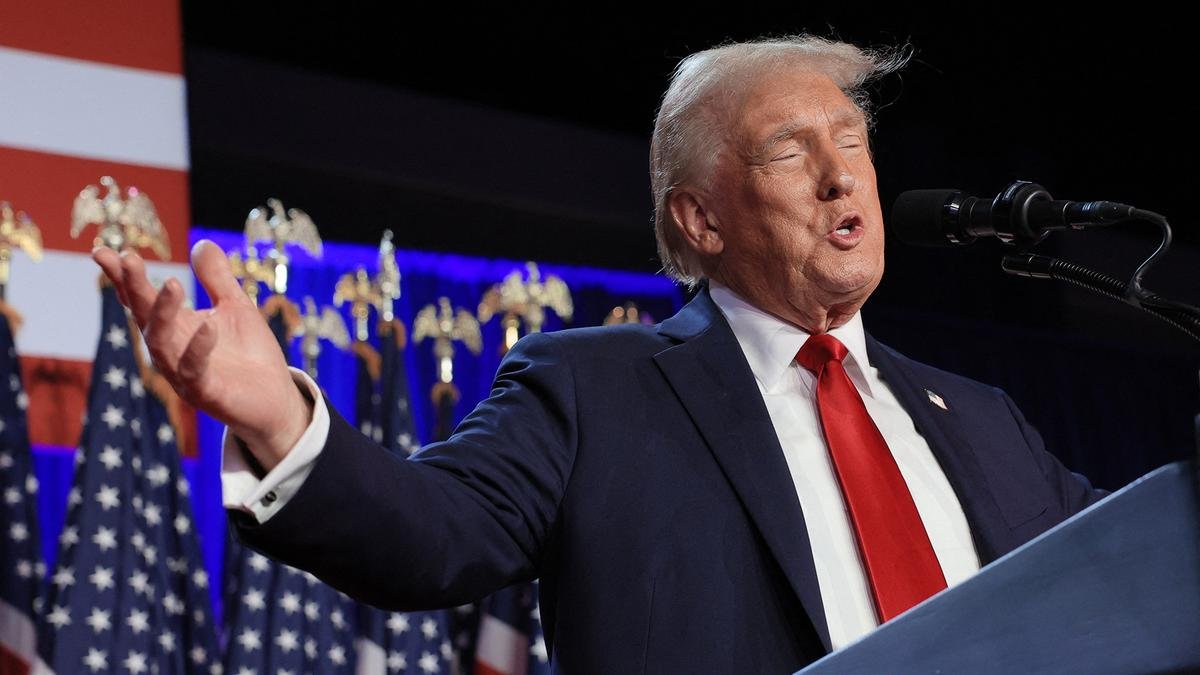Tesla’s much-hyped $25,000 electric car is pointless to make, says Elon Musk

In April, Reuters announced that Tesla had abandoned the idea of introducing a much-anticipated $25,000 electric vehicle, leading to a significant drop in the company’s stock value. In response, CEO Elon Musk quickly took to X, his social media platform.
“Reuters is lying,” he posted, without elaborating. Tesla’s stock recovered some of its losses.
Approximately half a year later, there seems to be a shift in Musk’s stance, indicating that Tesla has abandoned its idea of a $25,000 car driven by humans. During an earnings call on October 23, he expressed that the endeavor to manufacture an economical electric vehicle would lack purpose unless the vehicle could operate autonomously.
In response to an investor inquiring about the potential release of the $25,000 non-robotaxi regular car model from Tesla, his most recent comments were made.
Musk’s reply was abruptly cut short by a fellow Tesla executive as he mentioned, “We have no plans to produce a non-robo…” Musk further commented, “In essence, I find the idea of a standard $25K model to be futile and rather nonsensical.
According to a Reuters article dated April 5, Tesla decided to scrap its idea of developing a new budget-friendly electric vehicle while maintaining its focus on creating a self-driving robotaxi. Following this decision, Musk has been actively promoting the company’s ambitions in the field of robotaxis and autonomous driving technology.
No comments were provided by Tesla and Musk in response to inquiries made for this article.
During the earnings call in October, Musk announced Tesla’s intention to introduce a “Cybercab,” a fully autonomous vehicle with two doors and two seats, priced at $25,000. Musk revealed a prototype of this vehicle during a lavish event reminiscent of Hollywood on October 10th.
Tesla CEO Elon Musk announced that the production of the Cybercab will commence in 2026, following the deployment of fully autonomous versions of the existing Model 3 and Model Y vehicles in Texas and California next year. Overcoming significant technological, regulatory, and legal hurdles is crucial for Tesla in meeting Musk’s recent commitments regarding autonomous vehicles, which harken back to similar pledges made nearly a decade ago.
Tesla’s ambitious plan to introduce a budget-friendly electric vehicle tailored for conventional drivers was a pivotal aspect of its strategy to dominate the automotive industry worldwide. The company aimed to manufacture a staggering 20 million cars annually by 2030, a remarkable increase compared to its current sales volume and almost twice the amount sold by Toyota, the existing global market leader. However, in its recent “impact report” on sustainability objectives, Tesla decided to omit the 20-million target, signaling a shift in priorities.
The much-awaited affordable vehicle from Tesla has been affectionately dubbed by investors and Tesla enthusiasts as the “Model 2.” Positioned below the Model 3, which is currently the most budget-friendly Tesla priced at $42,490.
Musk referred to the latest model in January as necessitating “innovative manufacturing technology.” However, by April, following Reuters’ announcement of Tesla discontinuing the Model 2, Musk detailed a strategy for developing “more budget-friendly” models that could roll off the “existing manufacturing lines” alongside current Teslas.
According to Morningstar Research Services analyst Seth Goldstein, he anticipates that these more affordable vehicles will be developed using existing Tesla platforms and will be priced around the mid-$30,000 range.
He informed Reuters that the initial intention was to develop a more budget-friendly vehicle on a fresh platform. Tesla acknowledged their delay in offering an affordable option compared to Chinese electric vehicle competitors. Consequently, rather than committing significant funds to creating a new vehicle, they opted to modify their approach.
Following the news from Reuters on April 5 about Tesla discontinuing the Model 2, Musk took to X social media platform to announce Tesla’s upcoming “robotaxi unveil” scheduled for August. However, the event got postponed to October and took place on a movie set close to Los Angeles. This unveiling failed to meet the expectations of Wall Street, leading to a 9% decrease in Tesla’s stock value the next day.
Some investors found Musk’s remarks regarding the Cybercab, as well as the presentation of an autonomous “Robovan” concept and humanoid robots, lacking specific information about the products. Tesla has not disclosed if the Cybercab will incorporate advanced self-driving capabilities beyond the existing “Full Self-Driving” feature in its current lineup. The current Tesla models do not have complete autonomous driving ability and mandate constant oversight by a human driver.
